On March 24, 1976, General Jorge Rafael Videla captured Buenos Aires in a military coup and began to run Argentina through a military junta. After the end of Juan Domingo Perón's nationalist government, [1946-1955] Argentina was rocked by instability and frequent coups. Perón returned to power in October 1973, but died soon afterwards. He left the government in the hands of his third wife, María Estela Isabel Martínez. “Isabelita,” as she was known to most Argentineans, stood at the head of an unstable nation on the verge of revolt. Leftist militants regularly clashed with the army, and the economy was in disarray. To maintain order, Isabelita gave broad powers to the Triple-A, [Argentine Anticommunist Alliance] an extreme right-wing paramilitary organization with close ties to the government. The military establishment sensed the president’s weakness, and expanded its powers. In collusion with the navy and air force, Videla's army deposed Isabelita on March 24, 1976, thus initiating general Videla’s dictatorship. The era of the military junta had begun. The new president and his junta immediately imposed repressive measures throughout the country, including the persecution of leftists and their supporters. An estimated 30,000 people were arrested and tortured in the space of just a few years. Others were simply abducted, and came to be known as desaparecidos, or “the disappeared,” victims of Argentina's Dirty War.
Videla opened Argentina to foreign investment, but was unable to revive an economy burdened by inflation and debt. In March 1981, junta member Roberto Viola replaced Videla. A third military officer, General Leopoldo Galtieri, took power in December 1981.To burnish the junta’s faded luster, Galtieri challenged Britain by seizing the Falkland Islands, an archipelago off the Argentine coast that was controlled by Britain. On April 2, 1982, Argentinean troops invaded the islands. But their success was short-lived, and the British army retook the islands on June 14, 1982. The debacle on the Falkland Islands took its toll. General Reynaldo Bignone replaced Galtieri. Bignone loosened the junta’s grip, allowing limited political debate and paving the way for free elections. On October 30, 1983, Raúl Alfonsín was democratically elected President of Argentina, ending the dictatorship. Over the following years many junta members were brought to trial and given life prison sentences for their crimes during the “Dirty War.” In December 1990 Videla, Viola, Galtieri and others were temporarily given amnesty, subsequently revoked in 2003 by Argentinean President Néstor Kirchner.
Videla opened Argentina to foreign investment, but was unable to revive an economy burdened by inflation and debt. In March 1981, junta member Roberto Viola replaced Videla. A third military officer, General Leopoldo Galtieri, took power in December 1981.To burnish the junta’s faded luster, Galtieri challenged Britain by seizing the Falkland Islands, an archipelago off the Argentine coast that was controlled by Britain. On April 2, 1982, Argentinean troops invaded the islands. But their success was short-lived, and the British army retook the islands on June 14, 1982. The debacle on the Falkland Islands took its toll. General Reynaldo Bignone replaced Galtieri. Bignone loosened the junta’s grip, allowing limited political debate and paving the way for free elections. On October 30, 1983, Raúl Alfonsín was democratically elected President of Argentina, ending the dictatorship. Over the following years many junta members were brought to trial and given life prison sentences for their crimes during the “Dirty War.” In December 1990 Videla, Viola, Galtieri and others were temporarily given amnesty, subsequently revoked in 2003 by Argentinean President Néstor Kirchner.
RELATED
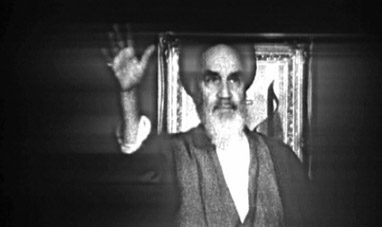

THE IRANIAN REVOLUTION
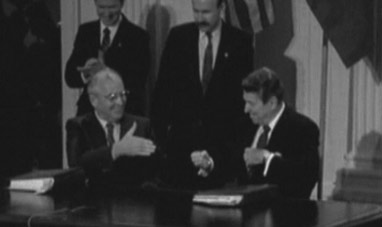

THE COLD WAR
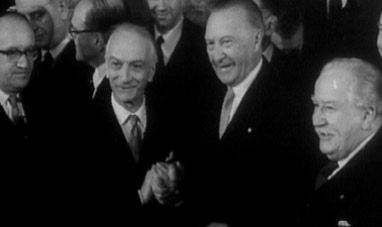

FOUNDING THE EUROPEAN COMMUNITY
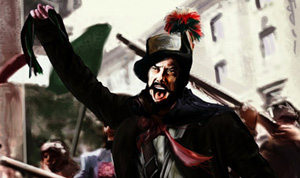

I MOTI DEL '48
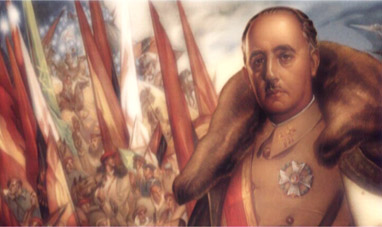

FRANCISCO FRANCO
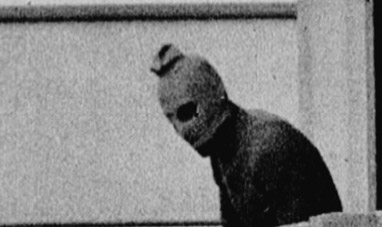

THE MUNICH MASSACRE
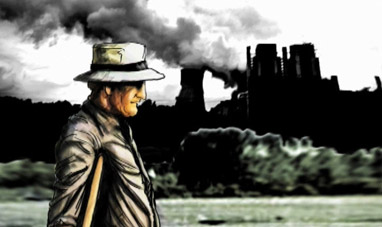

THE INDUSTRIAL REVOLUTION
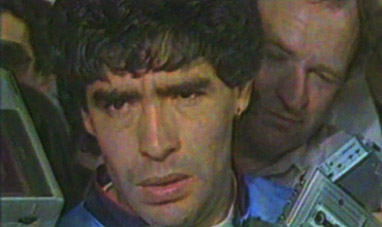

THE HAND OF GOD: ENGLAND-ARGENTINA
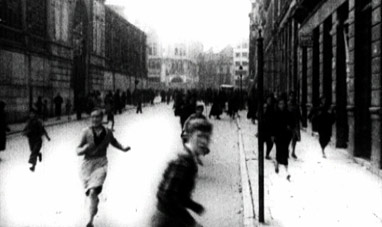

THE SPANISH CIVIL WAR
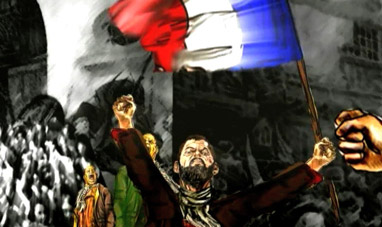

THE FRENCH REVOLUTION
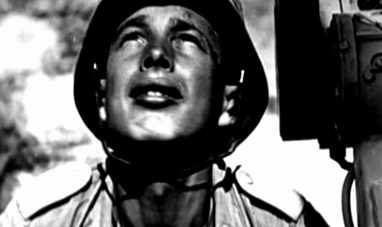

WORLD WAR II
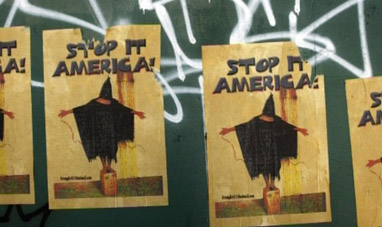

THE ABU GHRAIB SCANDAL
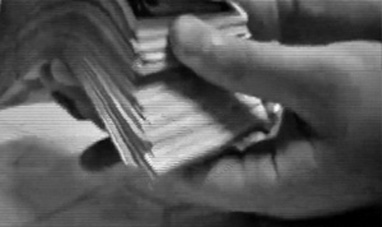

TANGENTOPOLI
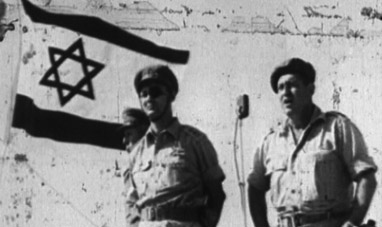

THE SIX DAY WAR
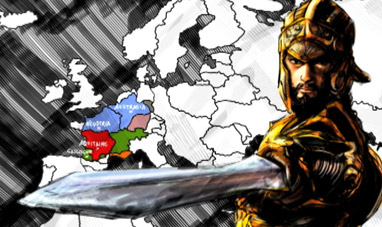

THE BATTLE OF TOURS
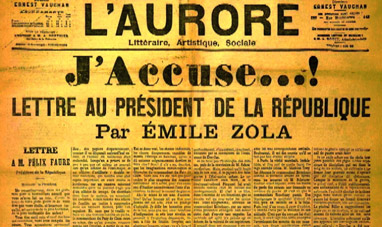

THE DREYFUS AFFAIR
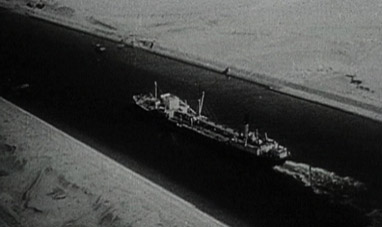

THE SUEZ CRISIS
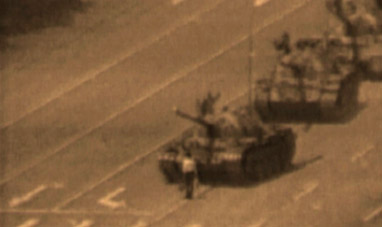

THE MARCH ON TIANANMEN
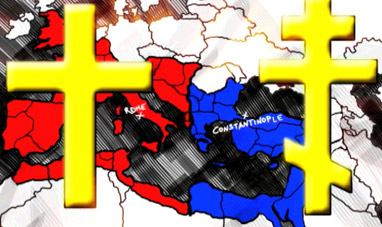

GREAT SCHISM, THE
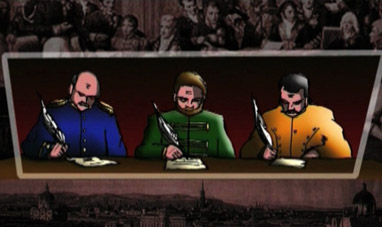

THE CONGRESS OF VIENNA
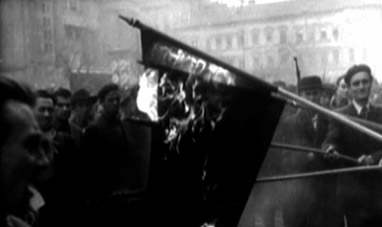

THE PRAGUE SPRING
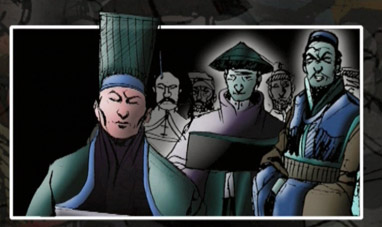

EARLY CHINESE DYNASTIES
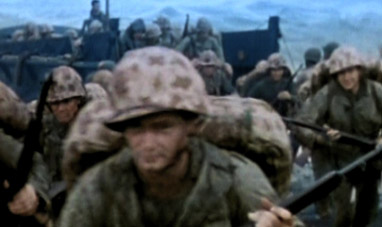

NORMANDY LANDINGS
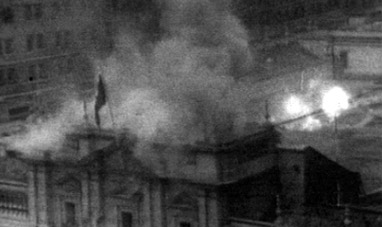

THE 1973 CHILEAN COUP
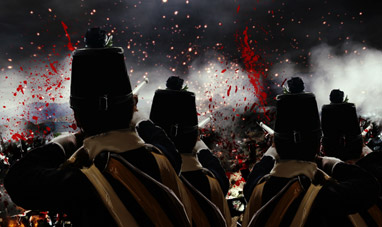

SECOND ITALIAN WAR OF INDEPENDENCE
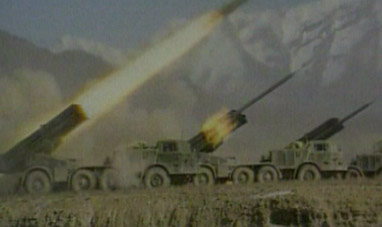

THE SOVIET INVASION OF AFGHANISTAN
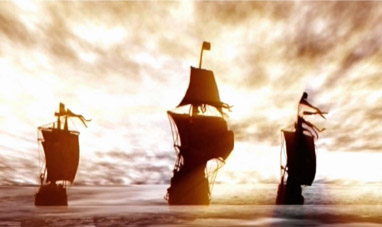

DISCOVERY OF AMERICA, THE
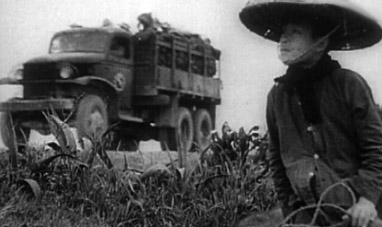

THE VIETNAM WAR
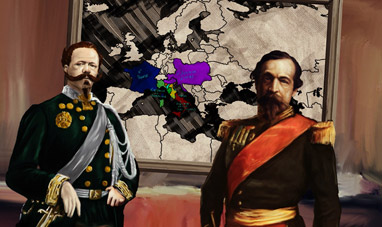

PLOMBIÈRES AGREEMENTS
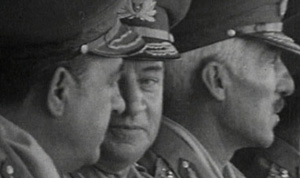

THE GREEK MILITARY COUP
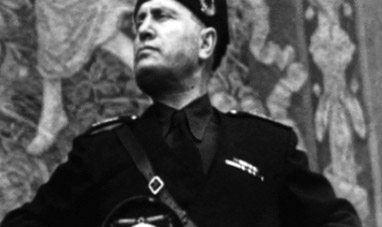

BENITO MUSSOLINI
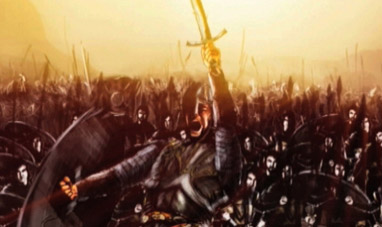

THE BATTLE OF HASTINGS
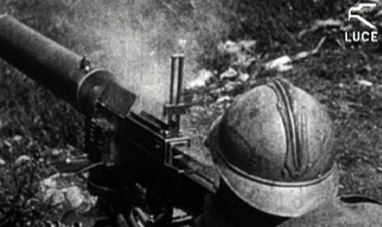

WORLD WAR I
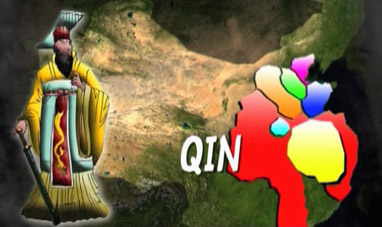

THE FIRST CHINESE EMPEROR AND THE QIN DYNASTY
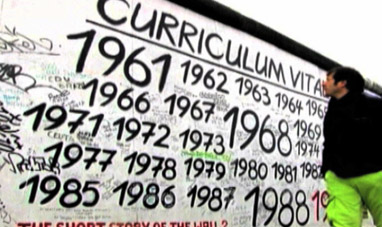

THE FALL OF THE BERLIN WALL
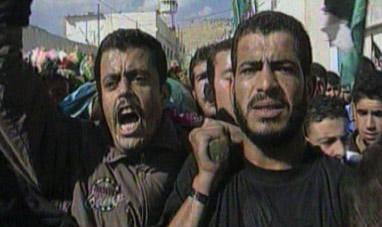

THE SECOND INTIFADA
